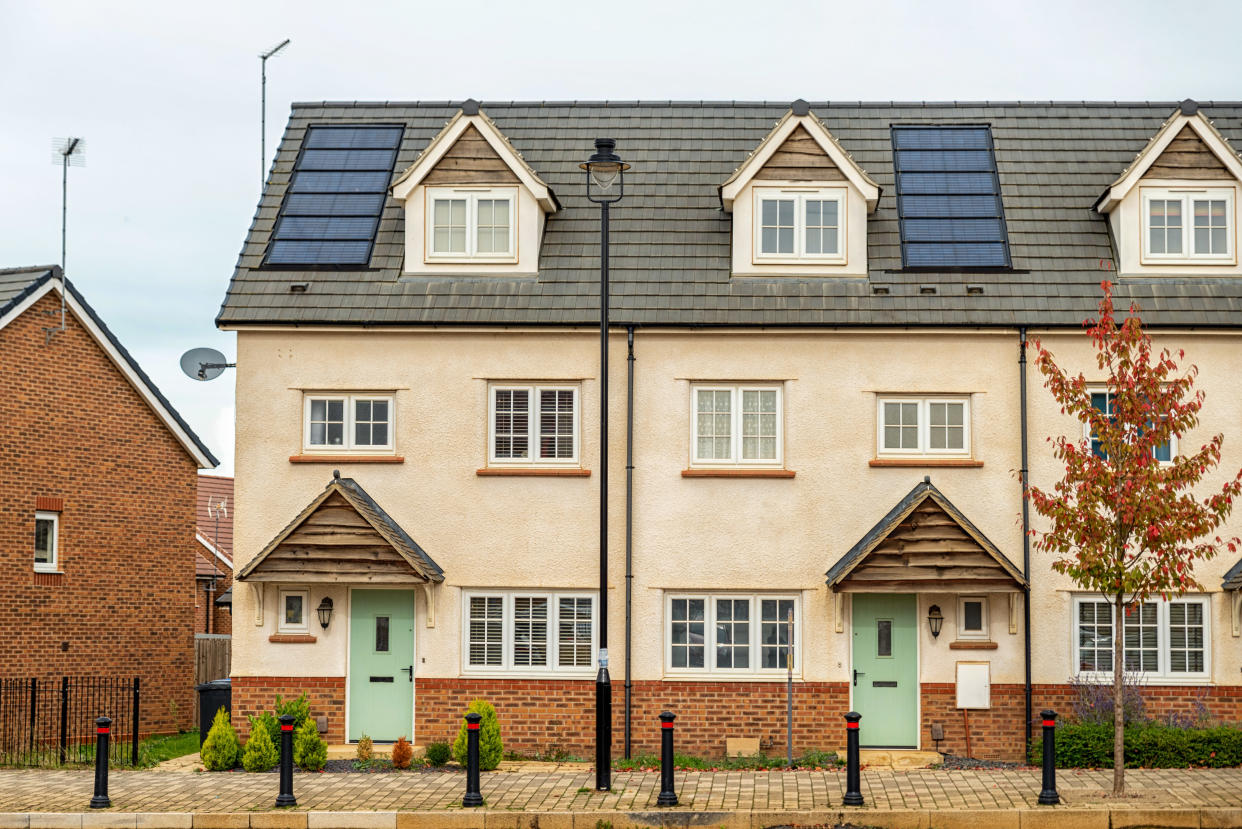Property: Perks and pitfalls of buy-to-let investing

Buy-to-let is often viewed as a solid long term investment which can ride out slumps in the housing marketing.
But it is not without its financial challenges and should not be entered into without careful consideration.
Here are some of the key perks and pitfalls of buy-to-let investing.
Buy-to-let landscape
Currently around 95% of rental stock is fully let out, demonstrating the demand for properties to let.
This is due to landlords liquidating their assets in response to the buoyancy of the property sales market and also as a backlash to changes in tax regulation.
"Investors have a tendency to offer lower [purchase prices] so that their yields remain strong however due to the low stock on houses the market, demand has pushed prices up meaning in a lot of cases, it discounts investors," says Gemma Caulfield, senior valuer at Bramleys.
"Investors tend to have greater success in buying property near universities for student purposes, and houses at the lower end of the market which may require repairs or are ready for immediate occupation."
Read more: UK regions with most rental growth
Currently Manchester ranks as the best city in the UK for buy-to-let investment, according to Aldermore’s new Buy to Let City Tracker.
London now features in the top three, hitting the top spot for average total rent, while Hull, in 14th place, provides the highest yields for landlords.
Northampton (6th), Swindon (8th) and Reading (9th) are new entries into the top 10 for 2020.

Securing a mortgage
If you are not a cash buyer then a lettings property requires a buy-to-let mortgage rather than a standard residential one.
"The number of buy-to-let mortgage products available from lenders has started to increase again in 2021, after a pandemic-hit 2020. But the buy-to-let market in general has remained fairly steady over the course of the pandemic," says Michelle Stevens, investment specialist at finder.com.
Buy-to-let mortgages usually require a large deposit and can also attract higher interest rates. The process is more complex meaning administrative and legal fees may be higher and it can be beneficial to use a mortgage broker.
"The type and value of the rental property you are looking at and how much rent it will generate will be the main factors in determining how much you can borrow," says Chris Schutrups, director of The Mortgage Hut.
Tax rules
The rules on buy-to-let tax relief recently changed and 2021 is the first full year where landlords cannot deduct mortgage expenses from rental income. Instead they get a 20% tax credit on interest payments.
To get around this a record number of landlords are setting up limited companies — an increase of 23% from 2019. This means they are subject to corporation tax at 19% rather than the higher individual income tax rate.
Read more: The cost of renting near a London tube station
Capital gains tax is another consideration with the allowance standing at £12,300. If you are selling a second property this means there is more tax free but the capital gains tax is higher for landlords at 18% for basic rate tax payers and 28% for additional rate payers.
Additionally landlords and second home buyers pay extra stamp duty. This is 3% on the portion of the property up to £500,000, then 8%, 13% and 15% respectively for the different price tiers.
Additional costs and legislation
The appeal of buy-to-let is often the rental income generated by the property, plus the potential sale profit in the future.
But would-be landlords should be mindful of the costs associated with buying and selling property, including solicitors’ fees and the extra stamp duty.
“On top of monthly buy-to-let mortgage repayments, as a landlord there are also costs associated with getting the property up to rental standards, maintaining the condition of the property, finding and vetting tenants, and having the right safety checks and insurance in place," says Stevens.
Read more: Average UK house price heads towards £250k
When looking for a house to buy and rent it is important to seek properties with modern kitchens and bathrooms as well as low maintenance gardens, to keep ongoing costs down.
"With the ever changing legislation surrounding rentals, ensure you speak to a knowledgeable and regulated agent who will discuss the law around electricity, gas, legionella, smoke alarms and all the information you need to provide to your tenant at the tenancy. Failure to do this could result in being declined in court in the unfortunate situation that you need to apply for eviction proceedings," says Caulfield.

